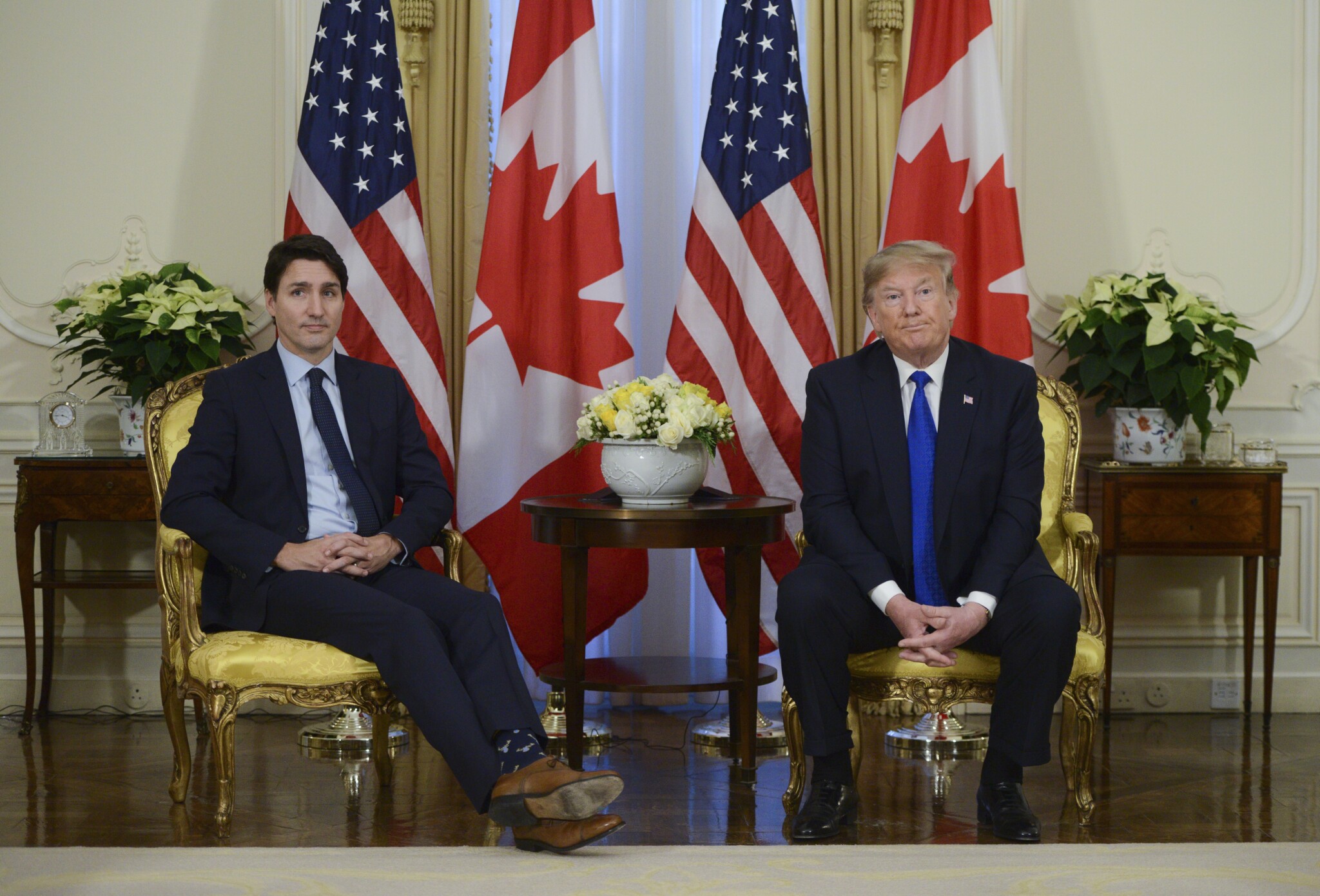In an emergency Roundtable, publisher Rudyard Griffiths and editor-at-large Sean Speer discuss Donald Trump’s dramatic U.S. election night victory to secure another presidential term, and how his returning to the Oval Office will impact Canada.
Here are five key takeaways from their discussion.
1. Trudeau’s political reaction to Trump’s win
With Donald Trump’s election victory, Canada’s approach to U.S. relations is under scrutiny. Observers are watching if Prime Minister Trudeau’s government will acknowledge the win diplomatically or attempt to align Trump’s image with Conservative leader Pierre Poilievre. If they play politics with this, there’s a risk it backfires signaling potential political repercussions for Trudeau’s Liberals.
2. Economic uncertainty and investment concerns
Trump’s win brings new economic uncertainties for Canada. Issues like potential tariffs, renegotiations of the USMCA, and policy changes in the U.S. could affect Canadian investment and business decisions. The Roundtable suggests that the uncertainty could lead capital to stay on the sidelines exacerbating Canada’s economic fragility and potentially tipping it into a recession.
3. A Conservative policy shift?
Trump’s success signals the need for Canada’s Conservatives to refocus on competitiveness and economic growth. Poilievre’s message may shift to emphasize deregulation and tax reform, aiming to counter potential economic barriers with the U.S. The Roundtable observes that a Trump presidency could push Canada’s Conservatives to reframe economic policies towards macroeconomic concerns.
4. The rise of a multi-ethnic, working-class coalition
Griffiths and Speer identify a significant political realignment, with Trump building a coalition of non-college-educated, multi-ethnic voters—primarily blue-collar and manufacturing workers. This coalition’s support stems from their discontent with identity politics and their alignment with Trump’s views on immigration and economic priorities. This political realignment could have long-term implications, they note, potentially influencing Canadian voter dynamics.
5. Balancing policy for new voter demands
Conservatives face a dilemma: addressing the economic needs of working-class voters while maintaining traditional pro-business policies. To adapt, policies must emphasize pro-competition agendas and worker benefits without abandoning free-market principles. This delicate balance could be essential for harnessing the political upside without sacrificing economic fundamentals.
You can listen to the full episode here.
ChatGPT assisted in the creation of this article.









